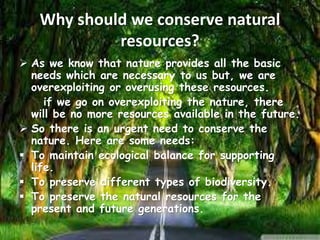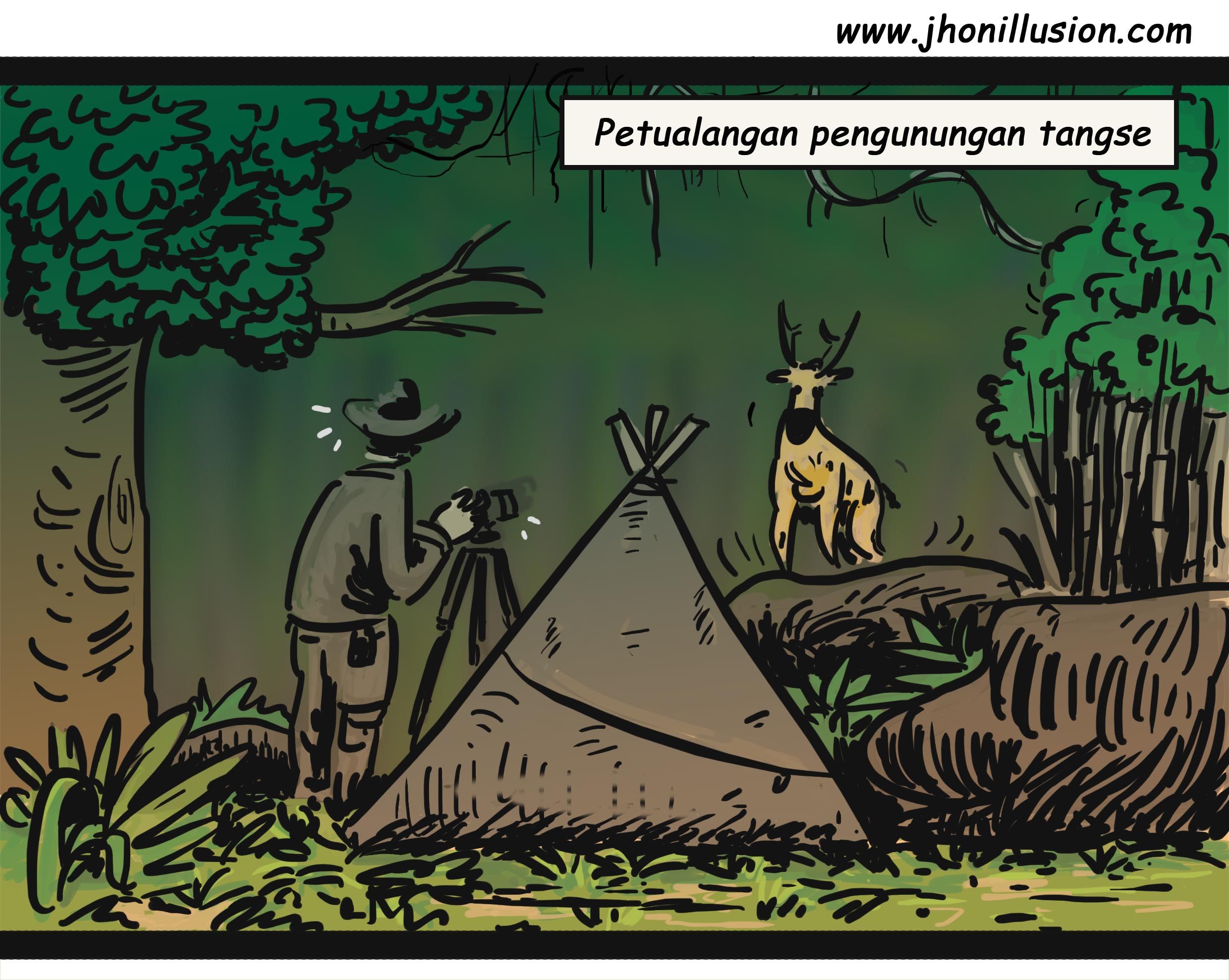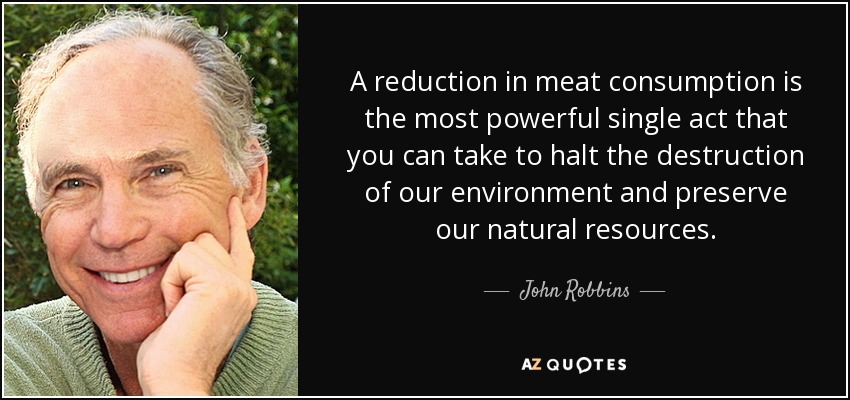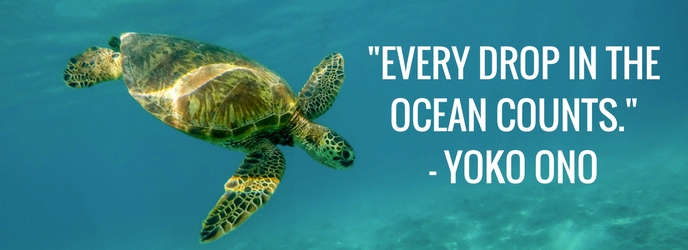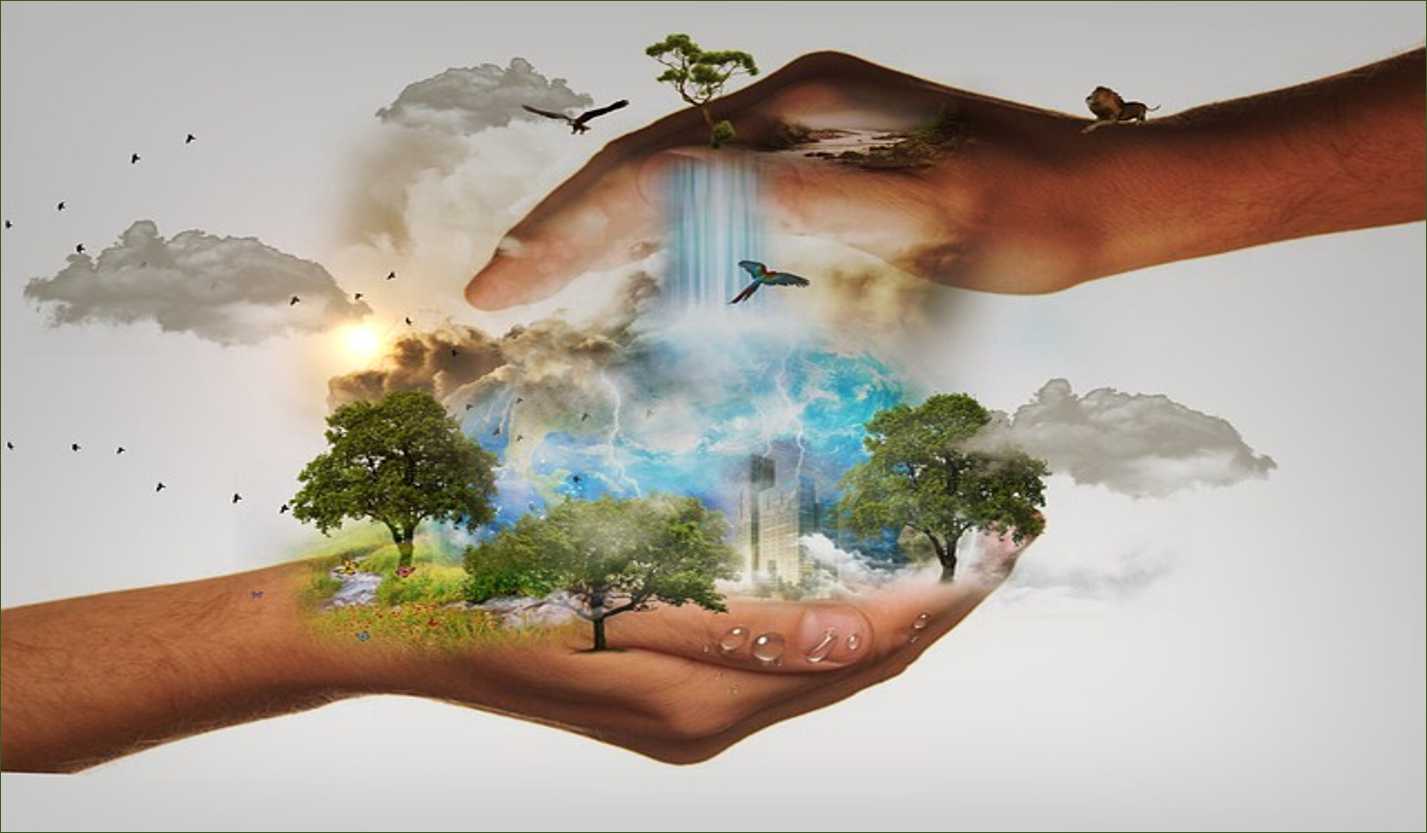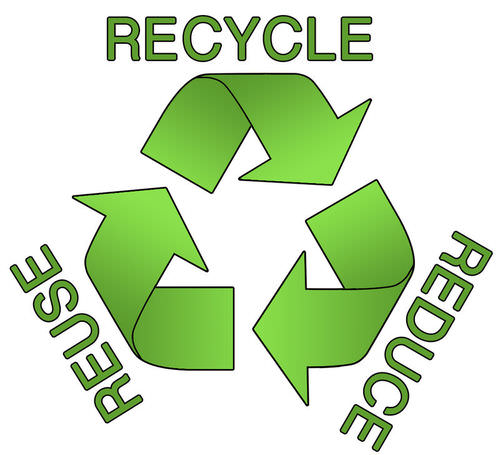Preserving our natural resources is essential for maintaining the health and balance of our planet. These resources provide us with the air we breathe, the water we drink, and the food we eat, as well as countless other benefits such as recreation, medicine, and raw materials for industry. However, with the growing demands of a rapidly increasing global population, these resources are under constant threat of depletion and degradation. Therefore, it is important that we take steps to preserve and protect our natural resources for future generations.
One way to preserve natural resources is through conservation efforts. This can involve protecting natural habitats, such as forests, wetlands, and grasslands, which serve as home to a wide variety of plant and animal species. It can also involve the careful management of natural resources, such as water, soil, and timber, to ensure that they are used sustainably and not depleted.
Another way to preserve natural resources is through the use of renewable energy sources. Fossil fuels, such as coal, oil, and natural gas, are non-renewable resources that contribute significantly to climate change and environmental degradation. By transitioning to renewable energy sources, such as solar, wind, and hydroelectric power, we can reduce our reliance on fossil fuels and help to preserve the earth's natural resources.
We can also preserve natural resources by reducing our consumption and waste. Simple actions like turning off lights when we leave a room, using energy-efficient appliances, and recycling can all help to reduce our impact on the environment. By using fewer natural resources, we can help to ensure that they are available for future generations.
In addition to individual actions, preserving natural resources also requires collective action and government intervention. Governments can play a key role in preserving natural resources by passing laws and regulations that protect the environment and promote sustainable resource management. Governments can also provide funding for conservation and renewable energy projects, and work with local communities and organizations to educate the public about the importance of preserving natural resources.
In conclusion, preserving our natural resources is essential for the health and well-being of our planet and its inhabitants. By taking individual and collective action, we can help to protect these resources for future generations and ensure that they are used sustainably.

